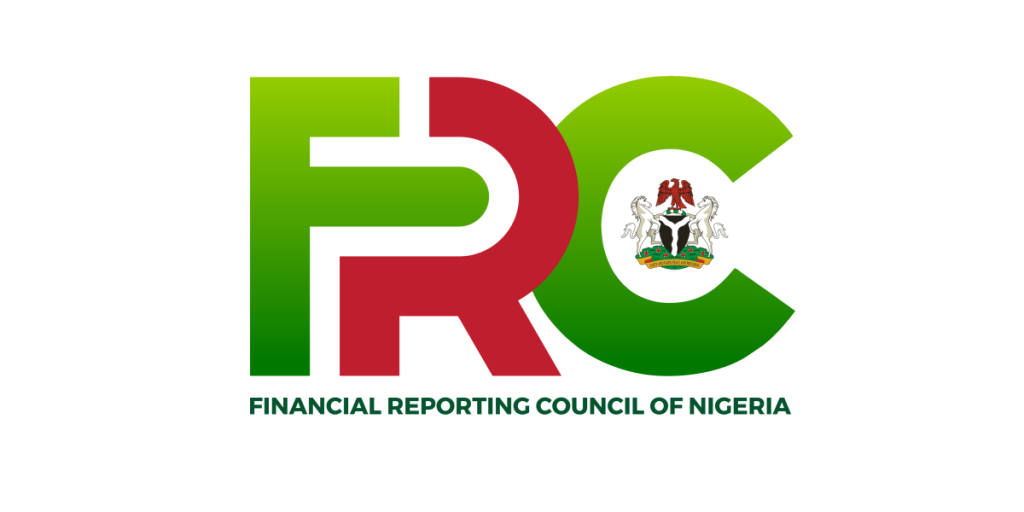The Financial Reporting Council of Nigeria (FRC) has expressed concern over the lack of participation from the consumer goods and industrial sector in the early adoption of sustainability reporting. Nigeria, a pioneering African nation in embracing the International Sustainability Standards Board’s (ISSB) IFRS S1 and S2 standards, aims to enhance sustainability reporting and empower investors. The FRC’s worry stems from the absence of any company within this vital sector on the nation’s sustainability reporting adoption roadmap. The regulator urges these companies to join the voluntary phase, running from 2024 to 2027, to prepare for mandatory reporting starting in 2028. Adopting sustainability reporting demonstrates a commitment to responsible business practices, enhancing reputation and brand value.
The ISSB’s IFRS S1 and S2 standards provide a framework for comprehensive sustainability reporting. IFRS S1 outlines general requirements for sustainability-related financial disclosures, encompassing governance, strategy, risk management, and relevant metrics and targets. IFRS S2 delves into climate-related disclosures, offering detailed information that complements IFRS S1. By integrating environmental, social, and governance (ESG) considerations into decision-making processes and reporting, industrial and consumer goods companies can contribute significantly to sustainable development and mitigate the impacts of climate change. The FRC emphasizes that addressing climate change is not merely a business decision but a compliance imperative, requiring a cultural shift within organizations.
The FRC, in partnership with the Nigeria Integrated Reporting Committee (NIRC), organized an industry-specific workshop to address the low adoption rate. Both organizations underscored the importance of participation in the voluntary phase, offering a risk-free learning environment before mandatory compliance begins. The FRC has assured companies that no sanctions will be imposed during this voluntary period, encouraging them to embrace the opportunity to learn from their mistakes and refine their reporting practices. The NIRC highlighted the significance of the consumer goods and industrial sector, noting that some of the most capitalized firms on the Nigerian capital market belong to this sector. Their absence in the sustainability reporting adoption process is particularly concerning, given their potential impact on the overall sustainability landscape.
The workshop emphasized the critical role of the consumer goods and industrial sector in driving sustainability initiatives. These companies, often operating with large supply chains and significant environmental footprints, have a substantial impact on resource consumption, waste generation, and greenhouse gas emissions. By embracing sustainability reporting, they can demonstrate their commitment to responsible environmental stewardship and contribute to national and global sustainability goals. The voluntary phase provides a valuable window of opportunity to develop robust reporting systems, identify areas for improvement, and integrate sustainability principles into core business strategies.
The benefits of adopting sustainability reporting extend beyond compliance and encompass enhanced transparency and accountability, increased investor confidence, improved risk management, and stronger market positioning. Companies that effectively communicate their sustainability efforts can enhance their brand reputation and attract environmentally conscious consumers. Moreover, data-driven decision-making on resource allocation and sustainability initiatives leads to more efficient operations and improved access to financing. Investors increasingly prioritize ESG factors, making strong sustainability practices a key differentiator in attracting investment capital.
Sustainability reporting is not merely a reporting exercise; it represents a fundamental shift toward integrating sustainability considerations into every facet of business operations. For industrial and consumer goods companies, it is an opportunity to demonstrate leadership, drive innovation, and create long-term value. By embracing the principles of transparency, accountability, and responsible business practices, these companies can play a pivotal role in shaping a more sustainable future for Nigeria and the world. The voluntary adoption phase provides an invaluable opportunity to prepare for the mandatory reporting requirements and to contribute to a more sustainable future.














